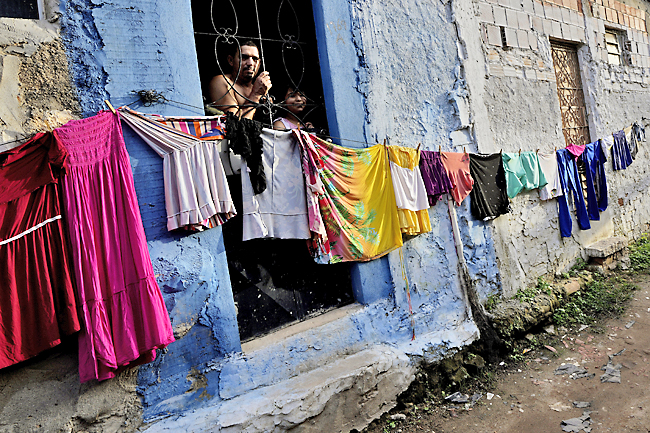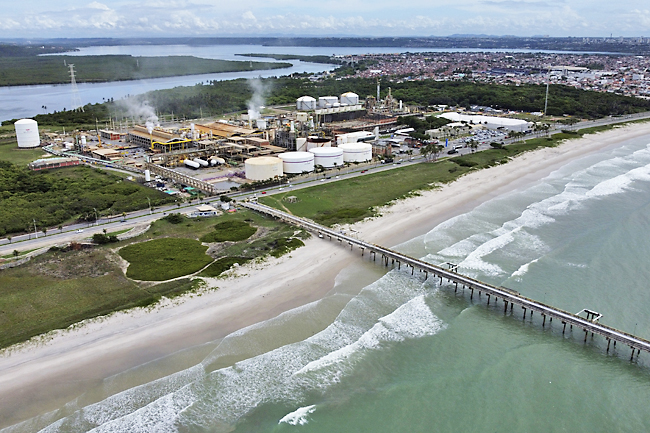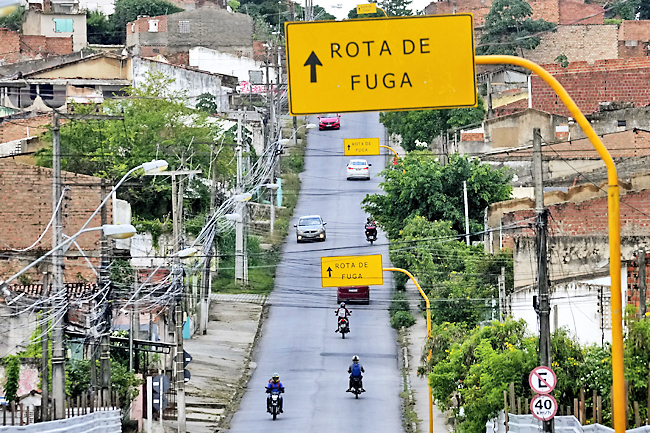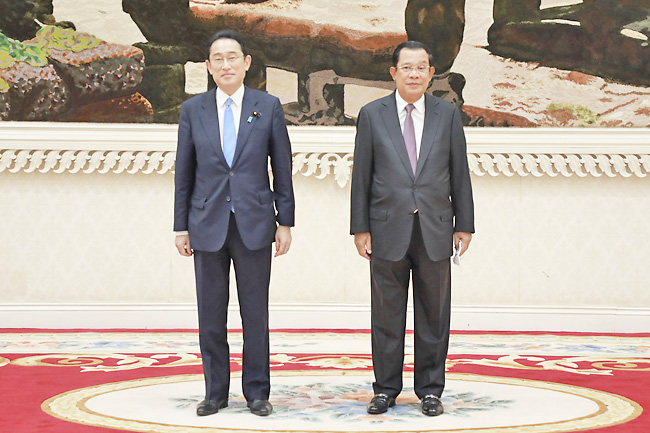Steven Moore
THE WASHINGTON POST – The cleverly punctuated title of Dennis Duncan’s book, Index, A History of the, should signal that this isn’t a dry account of a small cogwheel in the publishing machine. Instead, it is an engaging tale of the long search for the quickest way to find what you need in those big, information-rich things called books. It is indeed an adventure, and “bookish” in the most appealing sense.
Indexes – or indices, to use the Latinate form – are taken for granted today, but it took millennia for them to achieve their current lowly, anonymous status. (Freelance professionals create most indexes, not authors). After some introductory remarks, Duncan, a British academic and translator, takes us back to the Library of Alexandria in the third century BC. To identify the hundreds of thousands rolled-up scrolls, Egyptian librarians attached tags that not only identified the author and title but also itemised the contents. Not an index, but a start.
It was a religious book that birthed the index. In the Middle Ages, preachers and theologians needed a quick way to locate certain passages, so, beginning in the 13th Century, monks met that need by constructing prototypes of the index, organised either by phrases, keywords or themes. They were keyed to chapter and verse, and by the end of the century, pages numbers came into use. Those locaters (as they’re called in the indexing biz) would allow books to be indexed, especially after the printing press was invented. Duncan goes into fascinating detail about all this – page numbers get an entire chapter of their own – with digressions into curious byways of booklore and literature.
By the 16th Century, the index was in general use, but subject to misuse as well. Some lazy readers began asking, “What is to be gained by reading a book if everything in it is more succinctly expressed in the index?” and some scholars became denigrated as “index-rakers” who possessed only “index-learning”. Questions arose on how detailed an index should be. As a freelance indexer, I can attest that this issue persists to this day: I had one client who wished every noun in his book could be indexed, and I’ve often had to point out to authors that an index is not a concordance (which lists every word in a book in alphabetical order).

Bias soon entered the fray: “Let no Tory index my History!” Lord Macaulay cried, fearful that his Whig politics would be misrepresented. An index should be objective, but some indexers can’t resist expressing subjective judgements, or even mocking a book’s contents with facetious or insulting entries. One entry in Duncan’s mischievous index reads: Google, making us stupid 9, 118.
Other misuses involve vanity and flattery. Duncan tells the famous story about William F Buckley Jr sending his latest book to Norman Mailer with the word “Hi!” scribbled next to Mailer’s entry in the index, knowing the vain author would look there. I’ve been told by scholars that the first thing some academics do with a new book in their field is turn to the index to see if they’re mentioned, and will dismiss the book if not, and consequently ask me to include certain people in the index even if they are merely mentioned in passing.
It wasn’t long before fiction writers saw the potential of the index form, and Duncan’s sixth chapter provides a few examples, beginning with Samuel Richardson’s use of one (at Samuel Johnson’s urging) to those in Lewis Carroll’s Sylvie and Bruno and Virginia Woolf’s Orlando, with special attention to the cunning one in Vladimir Nabokov’s Pale Fire. This chapter is rather skimpy: there are dozens of other novels with indexes, even stories and entire novels in the form of an index, such as JG Ballard’s Paris Review article The Index, which Duncan discusses, and Suzanne Scanlon’s book Her 37th Year: An Index (2015).
Duncan concludes his history with far-ranging discussions of the enormous impact on indexing of computer technology and the Internet. Thanks to writing software and searchable PDFs of proofs, the physical job of indexing is so much easier. Indexing software is now available, but some find it cumbersome, and its mindless output requires editing. The software is bound to improve, but a discerning indexer will always be needed to clean up the results.
Search engines have figuratively turned the entire universe into a searchable text, but that requires an even greater need for discrimination. When I typed ‘Dennis Duncan’ into Google Search, I got over 20 million hits; even adding “index” to his name returned 147 sites, of which only about two dozen were relevant. Nor is the search feature on e-readers any substitute for a handmade, well-organised index.
From ancient Egypt to Silicon Valley, Duncan is an ideal tour guide: witty, engaging, knowledgeable and a fount of diverting anecdotes. The book skews toward the literary, but anyone interested in the 2,200-year journey to quickly find what one needs in a book will be enlightened, and will never again take an index for granted. The well-designed book also includes nearly 40 illustrations. As might be expected, the index – created not by the author but by Paula Clarke Bain – is magnificent.








